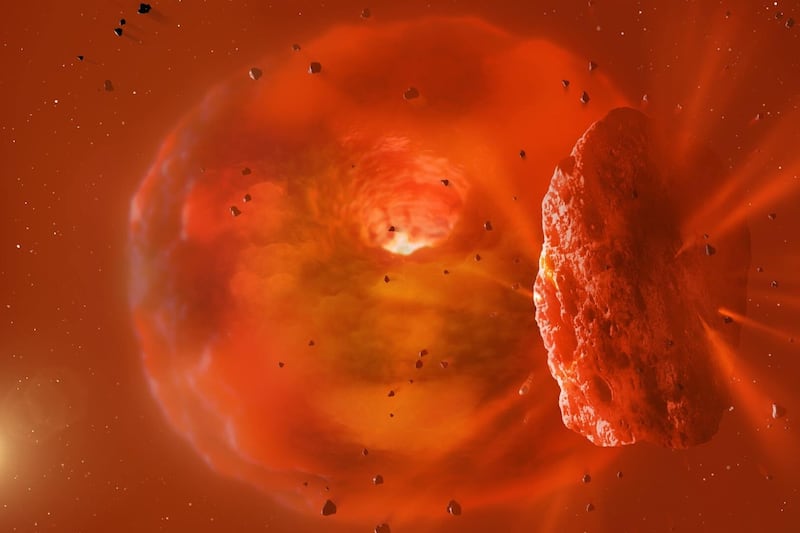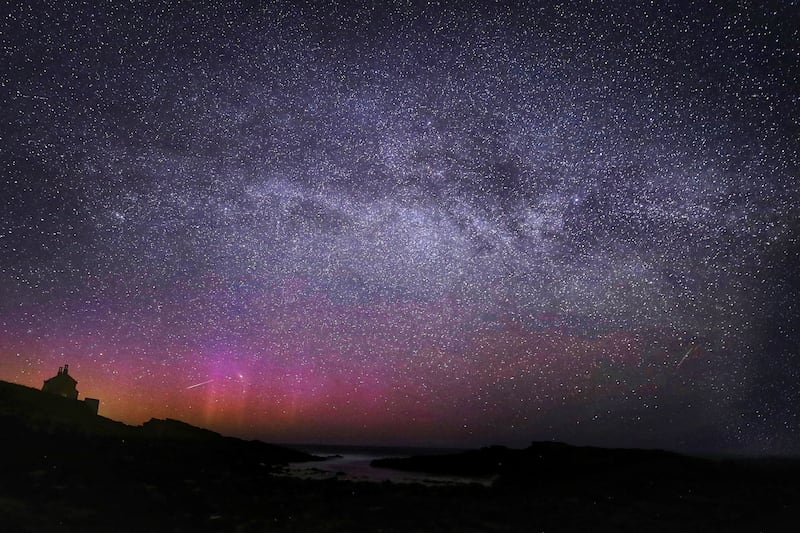TWO YOUNG researchers at Queen’s University Belfast have won the UK’s two most prestigious fellowships for physical scientists in the same year.
Dr Neale Gibson and Dr Kate Maguire were awarded a Royal Society University Research Fellowship and an Ernest Rutherford Fellowship respectively, and both chose to bring their posts to Queen’s.
The awards will allow the pair, who are both graduates of Queen’s, but who have also carried out post-doctoral research at Oxford University and the European Southern Observatory (which hosts the Very Large Telescope in Chile) to continue their pioneering research into exoplanets and supernovae.
Currently, Dr Gibson is working on the atmospheric composition of “hot-Jupiters” – the biggest, brightest and most inhospitable planets. With next-generation telescopes he hopes to be able to do the same for “Earth-like” planets, and begin the hunt for habitable worlds outside the Solar System.
Dr Maguire’s research focuses on a particular type of exploding star that can be seen to great distances in the universe. Measurement of these supernovae are the best way to measure distances to high precision in the universe; they are key to understanding the mysterious 'dark energy' that makes up greater than 70 per cent of the mass-energy of the universe but the origin of which is still unexplained.






